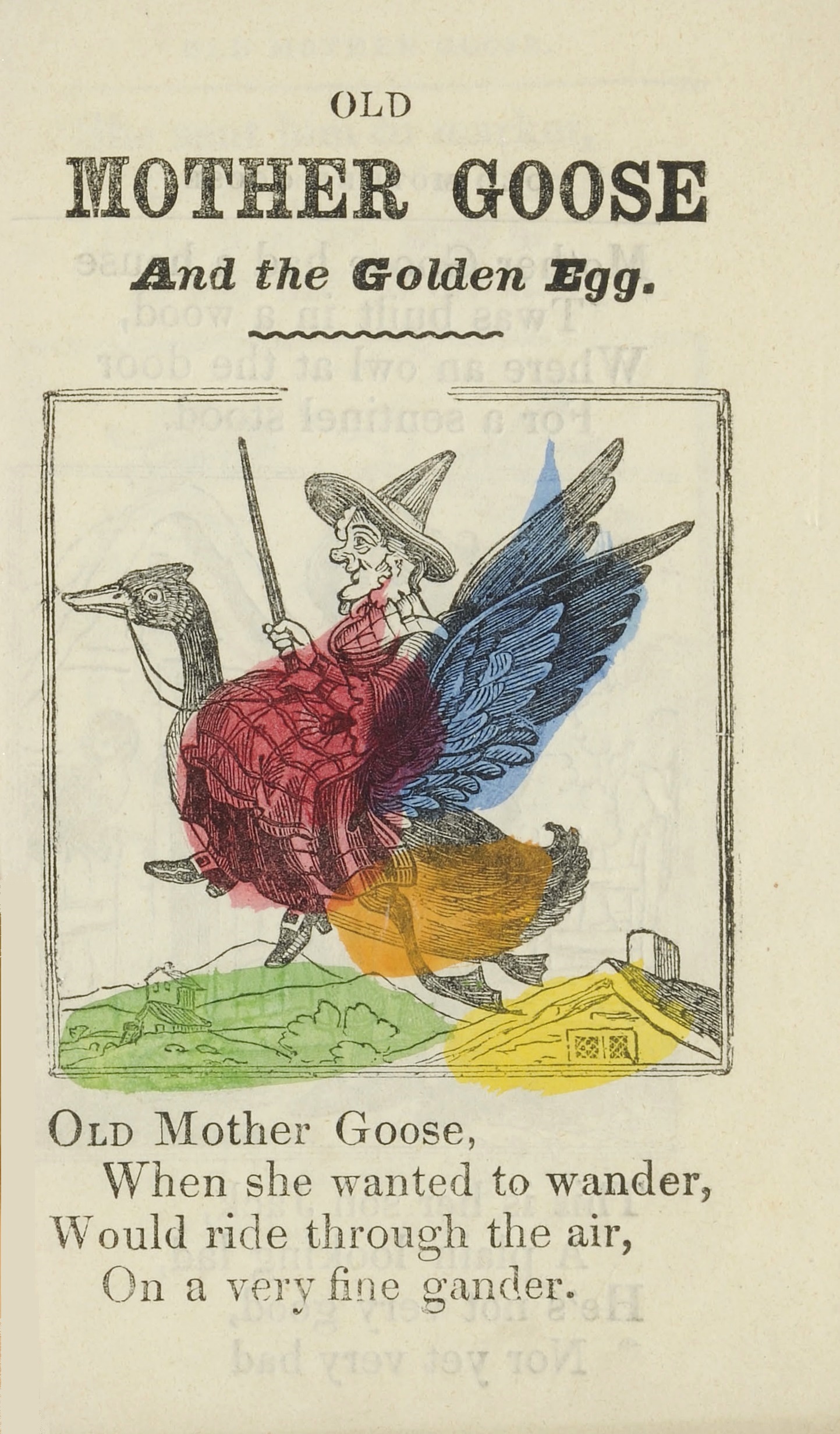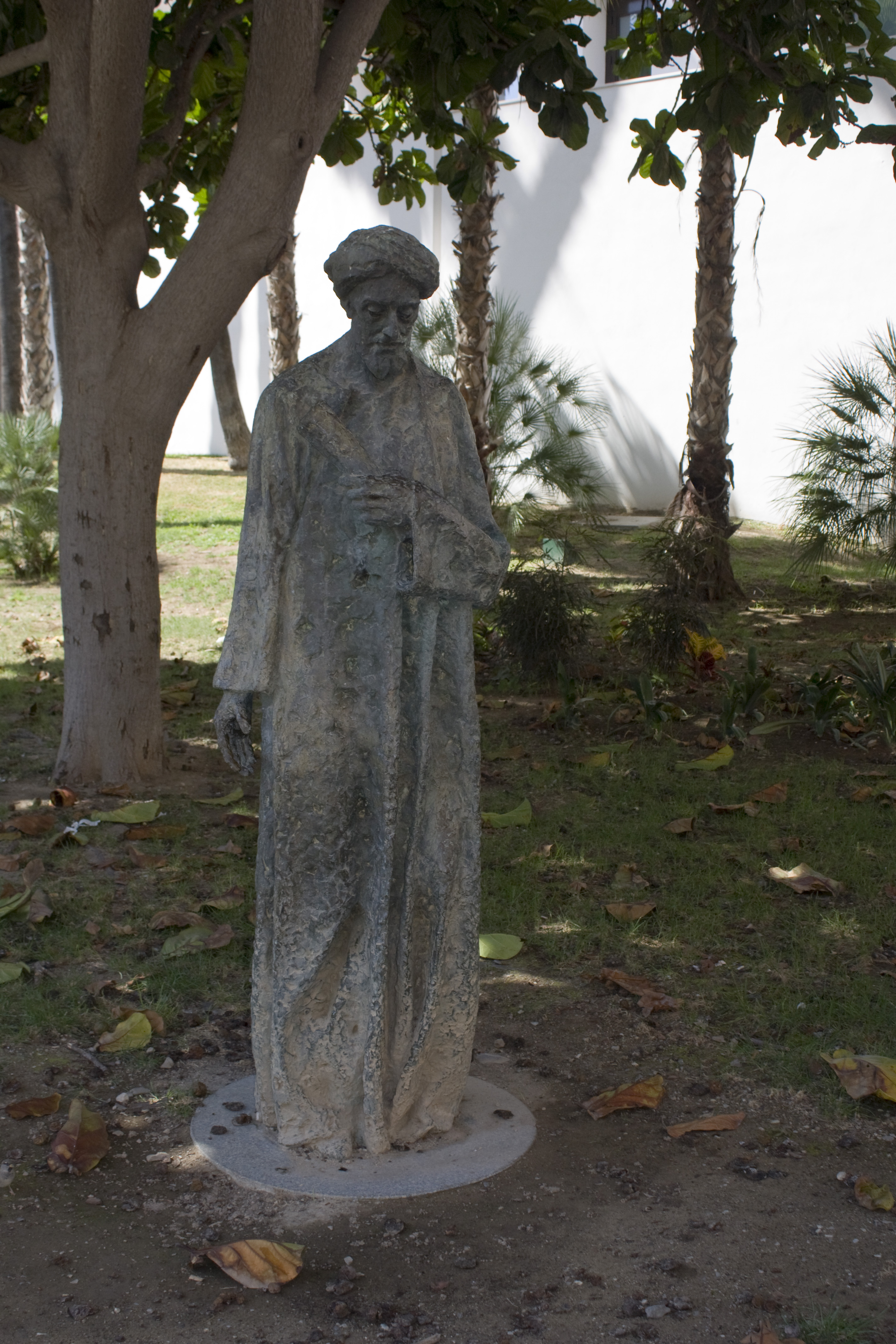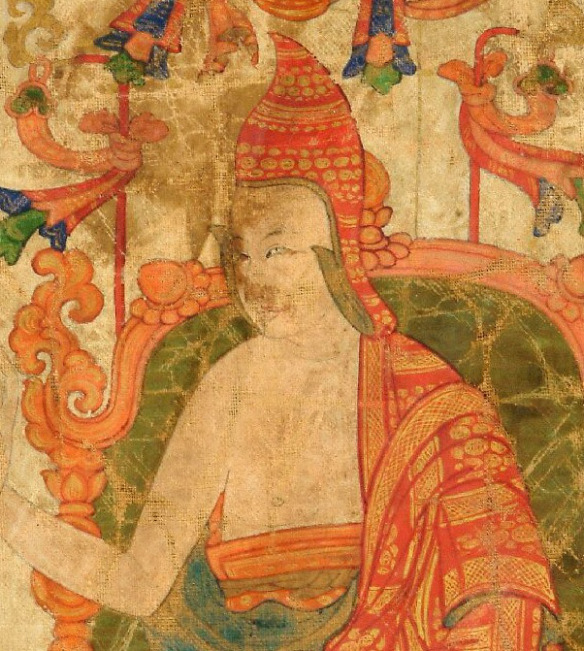|
Serenity Prayer
The Serenity Prayer is a prayer attributed to the American theologian Reinhold Niebuhr (1892–1971) in 1943. However, Winnifred Crane Wygal wrote an early version in the Santa Cruz Sentinel of March 15, 1933, as noted in the above cited research by Fred Shapiro, discussing Wygal's diary entry for October 31, 1932 referencing intellectual work by Niebuhr that used the phrases "the serenity to accept" and "the courage to change," but not in the context of a prayer. This suggests that the first published prayerful use may have been the 1933 work of Wygal. YouTube segment 3:15. It is commonly quoted as: God, grant me the serenity to accept the things I cannot change, courage to change the things I can, and wisdom to know the difference. The prayer originally asked for courage first, and specifically for changing things that must be changed, not things that simply can be changed: Father, give us courage to change what must be altered, serenity to accept what cannot be helped, and t ... [...More Info...] [...Related Items...] OR: [Wikipedia] [Google] [Baidu] |
Prayer
Prayer is an invocation or act that seeks to activate a rapport with an object of worship through deliberate communication. In the narrow sense, the term refers to an act of supplication or intercession directed towards a deity or a deified ancestor. More generally, prayer can also have the purpose of thanksgiving or praise, and in comparative religion is closely associated with more abstract forms of meditation and with charms or spells. Prayer can take a variety of forms: it can be part of a set liturgy or ritual, and it can be performed alone or in groups. Prayer may take the form of a hymn, incantation, formal creedal statement, or a spontaneous utterance in the praying person. The act of prayer is attested in written sources as early as 5000 years ago. Today, most major religions involve prayer in one way or another; some ritualize the act, requiring a strict sequence of actions or placing a restriction on who is permitted to pray, while others teach that prayer ... [...More Info...] [...Related Items...] OR: [Wikipedia] [Google] [Baidu] |
Epictetus
Epictetus (; grc-gre, Ἐπίκτητος, ''Epíktētos''; 50 135 AD) was a Greek Stoic philosopher. He was born into slavery at Hierapolis, Phrygia (present-day Pamukkale, in western Turkey) and lived in Rome until his banishment, when he went to Nicopolis in northwestern Greece for the rest of his life. His teachings were written down and published by his pupil Arrian in his '' Discourses'' and '' Enchiridion''. Epictetus taught that philosophy is a way of life and not simply a theoretical discipline. To Epictetus, all external events are beyond our control; we should accept whatever happens calmly and dispassionately. However, individuals are responsible for their own actions, which they can examine and control through rigorous self-discipline. Life Epictetus was born around AD 50, presumably at Hierapolis, Phrygia. The name his parents gave him is unknown; the word ''epíktētos'' (ἐπίκτητος) in Greek simply means "gained" or "acquired"; the Greek phi ... [...More Info...] [...Related Items...] OR: [Wikipedia] [Google] [Baidu] |
Boethius
Anicius Manlius Severinus Boethius, commonly known as Boethius (; Latin: ''Boetius''; 480 – 524 AD), was a Roman senator, consul, ''magister officiorum'', historian, and philosopher of the Early Middle Ages. He was a central figure in the translation of the Greek classics into Latin, a precursor to the Scholastic movement, and, along with Cassiodorus, one of the two leading Christian scholars of the 6th century. The local cult of Boethius in the Diocese of Pavia was sanctioned by the Sacred Congregation of Rites in 1883, confirming the diocese's custom of honouring him on the 23 October. Boethius was born in Rome a few years after the collapse of the Western Roman Empire. A member of the Anicii family, he was orphaned following the family's sudden decline and was raised by Quintus Aurelius Memmius Symmachus, a later consul. After mastering both Latin and Greek in his youth, Boethius rose to prominence as a statesman during the Ostrogothic Kingdom: becoming a senator by a ... [...More Info...] [...Related Items...] OR: [Wikipedia] [Google] [Baidu] |
Augustine
Augustine of Hippo ( , ; la, Aurelius Augustinus Hipponensis; 13 November 354 – 28 August 430), also known as Saint Augustine, was a theologian and philosopher of Berber origin and the bishop of Hippo Regius in Numidia, Roman North Africa. His writings influenced the development of Western philosophy and Western Christianity, and he is viewed as one of the most important Church Fathers of the Latin Church in the Patristic Period. His many important works include ''The City of God'', '' On Christian Doctrine'', and '' Confessions''. According to his contemporary, Jerome, Augustine "established anew the ancient Faith". In his youth he was drawn to the eclectic Manichaean faith, and later to the Hellenistic philosophy of Neoplatonism. After his conversion to Christianity and baptism in 386, Augustine developed his own approach to philosophy and theology, accommodating a variety of methods and perspectives. Believing the grace of Christ was indispensable to human fre ... [...More Info...] [...Related Items...] OR: [Wikipedia] [Google] [Baidu] |
Cicero
Marcus Tullius Cicero ( ; ; 3 January 106 BC – 7 December 43 BC) was a Roman statesman, lawyer, scholar, philosopher, and academic skeptic, who tried to uphold optimate principles during the political crises that led to the establishment of the Roman Empire. His extensive writings include treatises on rhetoric, philosophy and politics, and he is considered one of Rome's greatest orators and prose stylists. He came from a wealthy municipal family of the Roman equestrian order, and served as consul in 63 BC. His influence on the Latin language was immense. He wrote more than three-quarters of extant Latin literature that is known to have existed in his lifetime, and it has been said that subsequent prose was either a reaction against or a return to his style, not only in Latin but in European languages up to the 19th century. Cicero introduced into Latin the arguments of the chief schools of Hellenistic philosophy and created a Latin philosophical vocab ... [...More Info...] [...Related Items...] OR: [Wikipedia] [Google] [Baidu] |
Thomas Aquinas
Thomas Aquinas, OP (; it, Tommaso d'Aquino, lit=Thomas of Aquino; 1225 – 7 March 1274) was an Italian Dominican friar and priest who was an influential philosopher, theologian and jurist in the tradition of scholasticism; he is known within the tradition as the , the , and the . The name ''Aquinas'' identifies his ancestral origins in the county of Aquino in present-day Lazio, Italy. Among other things, he was a prominent proponent of natural theology and the father of a school of thought (encompassing both theology and philosophy) known as Thomism. He argued that God is the source of both the light of natural reason and the light of faith. He has been described as "the most influential thinker of the medieval period" and "the greatest of the medieval philosopher-theologians". His influence on Western thought is considerable, and much of modern philosophy is derived from his ideas, particularly in the areas of ethics, natural law, metaphysics, and political theory. ... [...More Info...] [...Related Items...] OR: [Wikipedia] [Google] [Baidu] |
Friedrich Schiller
Johann Christoph Friedrich von Schiller (, short: ; 10 November 17599 May 1805) was a German playwright, poet, and philosopher. During the last seventeen years of his life (1788–1805), Schiller developed a productive, if complicated, friendship with the already famous and influential Johann Wolfgang von Goethe. They frequently discussed issues concerning aesthetics, and Schiller encouraged Goethe to finish works that he had left as sketches. This relationship and these discussions led to a period now referred to as Weimar Classicism. They also worked together on '' Xenien'', a collection of short satirical poems in which both Schiller and Goethe challenge opponents of their philosophical vision. Early life and career Friedrich Schiller was born on 10 November 1759, in Marbach, Württemberg, as the only son of military doctor Johann Kaspar Schiller (1733–1796) and Elisabetha Dorothea Schiller (1732–1802). They also had five daughters, including Christophine, the eldest. ... [...More Info...] [...Related Items...] OR: [Wikipedia] [Google] [Baidu] |
Mother Goose
The figure of Mother Goose is the imaginary author of a collection of French fairy tales and later of English nursery rhymes. As a character, she appeared in a song, the first stanza of which often functions now as a nursery rhyme. This, however, was dependent on a Christmas pantomime, a successor to which is still performed in the United Kingdom. The term's appearance in English dates back to the early 18th century, when Charles Perrault’s fairy tale collection, ''Contes de ma Mère l'Oye'', was first translated into English as ''Tales of My Mother Goose''. Later a compilation of English nursery rhymes, titled ''Mother Goose's Melody, or, Sonnets for the Cradle'', helped perpetuate the name both in Britain and the United States. The character Mother Goose's name was identified with English collections of stories and nursery rhymes popularised in the 17th century. English readers would already have been familiar with Mother Hubbard, a stock figure when Edmund Spenser pub ... [...More Info...] [...Related Items...] OR: [Wikipedia] [Google] [Baidu] |
William Warren Bartley
William Warren Bartley III (October 2, 1934 – February 5, 1990), known as W. W. Bartley III, was an American philosopher specializing in 20th century philosophy, language and logic, and the Vienna Circle. Early life and education Born in Wilkinsburg, Pennsylvania, on October 2, 1934, Bartley was brought up in a Protestant home. He completed his secondary education in Pittsburgh and studied at Harvard University between 1952 and 1956, graduating with a BA degree in philosophy.Mariano Artigas: ''The Ethical Nature of Karl Popper's Theory of Knowledge'' (1999) While an undergraduate at Harvard, he was an editor at ''The Harvard Crimson'' newspaper. He spent the winter semester of 1956 and the summer semester of 1957 at the Harvard Divinity School and the Episcopal Theological School in Cambridge, Massachusetts. In 1958, he completed his MA degree in philosophy at Harvard. Bartley was training to become a Protestant minister, but rejected Christianity at that point. He went on ... [...More Info...] [...Related Items...] OR: [Wikipedia] [Google] [Baidu] |
Solomon Ibn Gabirol
Solomon ibn Gabirol or Solomon ben Judah ( he, ר׳ שְׁלֹמֹה בֶּן יְהוּדָה אִבְּן גָּבִּירוֹל, Shlomo Ben Yehuda ibn Gabirol, ; ar, أبو أيوب سليمان بن يحيى بن جبيرول, ’Abū ’Ayyūb Sulaymān bin Yaḥyá bin Jabīrūl, ) was an 11th-century Andalusian poet and Jewish philosopher in the Neo-Platonic tradition. He published over a hundred poems, as well as works of biblical exegesis, philosophy, ethics and satire. One source credits ibn Gabirol with creating a golem, possibly female, for household chores. In the 19th century it was discovered that medieval translators had Latinized Gabirol's name to Avicebron or Avencebrol and had translated his work on Jewish Neo-Platonic philosophy into a Latin form that had in the intervening centuries been highly regarded as a work of Islamic or Christian scholarship. As such, ibn Gabirol is well known in the history of philosophy for the doctrine that all things, including ... [...More Info...] [...Related Items...] OR: [Wikipedia] [Google] [Baidu] |
Nalanda
Nalanda (, ) was a renowned ''mahavihara'' (Buddhist monastic university) in ancient Magadha (modern-day Bihar), India.Nalanda University Government of India Considered by historians to be the world's first residential university and among the greatest centers of learning in the ancient world, it was located near the city of Rajagriha (now Rajgir) and about southeast of Pataliputra (now Patna). Operating from 427 until 1197 CE, Nalanda played a vital role in promoting the patronage of arts and academics during the 5th and 6th century CE, a period that has since been described as the " |
Shantideva
Shantideva (Sanskrit: Śāntideva; ; ; mn, Шантидэва гэгээн; vi, Tịch Thiên) was an 8th-century CE Indian philosopher, Buddhist monk, poet, and scholar at the mahavihara of Nalanda. He was an adherent of the Mādhyamaka philosophy of Nāgārjuna. He is also considered to be one of the 84 mahasiddhas and is known as Bhusuku. Biography The ''Zhansi Lun'' of the East Asian Mādhyamaka identifies two different individuals given the name "Shant inideva": their founder of the Avaivartika Sangha in the 6th century CE and a later Shantideva who studied at Nalanda in the 8th century CE and appears to be the source of the Tibetan biographies. Archaeological discoveries support this thesis. Two Tibetan sources of the life of Shantideva are the historians Buton Rinchen Drub and Tāranātha. Recent scholarship has brought to light a short Sanskrit life of Shantideva in a 14th-century CE Nepalese manuscript. An accessible account that follows the Butön closely can be fo ... [...More Info...] [...Related Items...] OR: [Wikipedia] [Google] [Baidu] |










